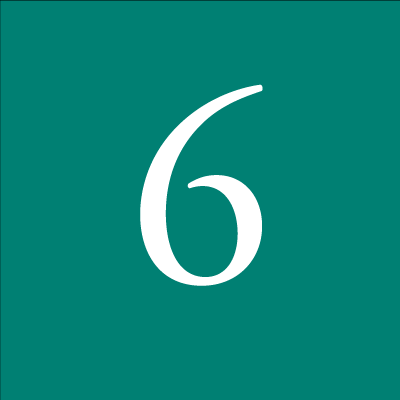Landslide of the Norm: Language Culture in Post-Soviet Russia
Synopsis
Rapid changes in post-Soviet political and social life have been accompanied by dramatic shifts in language culture. Bringing together an international team of linguistic and literary scholars, this book explores the dynamic interrelationship between language and literature as it identifi es different responses to the linguistic situation as well as contributing factors in its development. The linguo-cultural practices under scrutiny include language use and language debates, popular and professional linguistic attitudes and their ideological underpinnings, works of artistic prose and poetry, as well as linguistic ideologies and strategies stemming from the Soviet era that continue to be relevant.
Chapters
-
Contents
-
Introduction
-
Language Culture and National Identity in Post-Soviet Russia
-
“The Crystallization of Structures”Linguistic Culture in Putin’s Russia
-
Language Culture in Post-Soviet Russiathe Response of Literature
-
Discretionthe Unpretentious Text in Contemporary Russian Literature
-
Lëd tronulsiathe Overlapping Periods in Vladimir Sorokin’s Work from the Materialization of Metaphors to Fantastic Substantialism
-
Iurii Buidaa Writer’s Search for Authenticity
-
Criticizing Pelevin’s Languagethe Language Question in the Reception of Viktor Pelevin’s Novel Generation “P”
-
Новые слова в поэтическом восприятии
-
Trends in the Russian Language Debatethe Response of Contemporary Poetry
-
У истоков новой нормативности«любовь к родному слову», риторический арсенал школьного образования 1920-х, и языковая рефлексия 1990-х годов
-
Performing “Bolshevism” or, The Diverse Minority Idiom of Isaak Babel
-
Язык-Сталин«Марксизм и вопросы языкознания» как лингвистический поворот во вселенной СССР
-
Contributors
-
Index of Names


